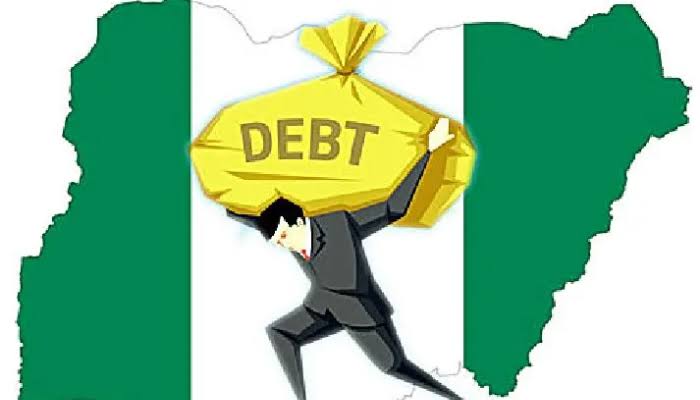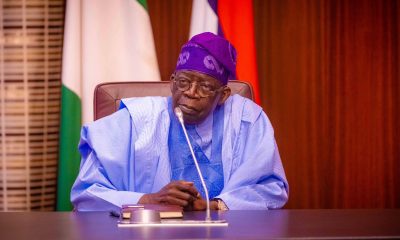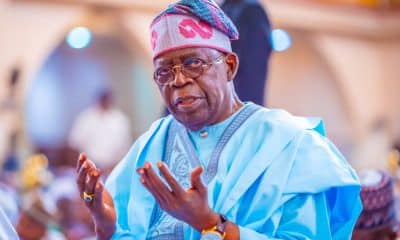Nigeria News
Nigeria Solved Fuel Subsidy Problem But Created Debt Profile Problem – Adebajo

A financial expert, Tilewa Adebajo, has lamented the growing natinal debt concerns of Nigeria, saying the country’s debts are becoming unsustainable.
According to him, the government solved the fuel subsidy problem by abolishing the payment of fuel subsidies, but the country is now battling a new problem in the form of rising and unsustainable debts.
Buttressing his concerns, Adebajo decried a situation where the highest line item in the ₦49.7 trillion 2025 budget is debt servicing, noting that significant fiscal challenges persist.
He submitted in his interview with Arise News on Friday that Nigeria needs to address its growing debt profile to ensure sustainable economic growth.
He said, “We still have challenges on the fiscal side because the highest lined item on the budget is debt service. So the problem now is the fact that while we have resolved the subsidy problem, we have created another problem which is debt. Our debt has become unsustainable.
“We have debt of close to 150 trillion (naira) and we’ve seen now, 16 trillion (naira) a year, on debt service, which is 10 billion dollars. That was close to the same amount of the subsidies. So we have replaced subsidy with debt. So now that we’ve resolved the subsidy problem, we now need to resolve this debt problem so that we can now grow the economy on a sustainable basis. So this is really where we are right now.”
To overcome the current challenges, Adebajo submitted that Nigeria must grow its economy at 8% while the government must pay off some of its debt to lessen the burden of debt servicing.
“We need to have a holistic positivity. What is the benchmark for Nigeria’s growth? How far are we from that goal? If we don’t grow this economy at 8%, we haven’t started.
“The government needs to sell down assets and raise 30-50 billion to pay down some of this debt,” Adebajo suggested.
He concluded that without addressing the debt crisis, Nigeria’s economy would struggle to achieve long-term stability and prosperity.












